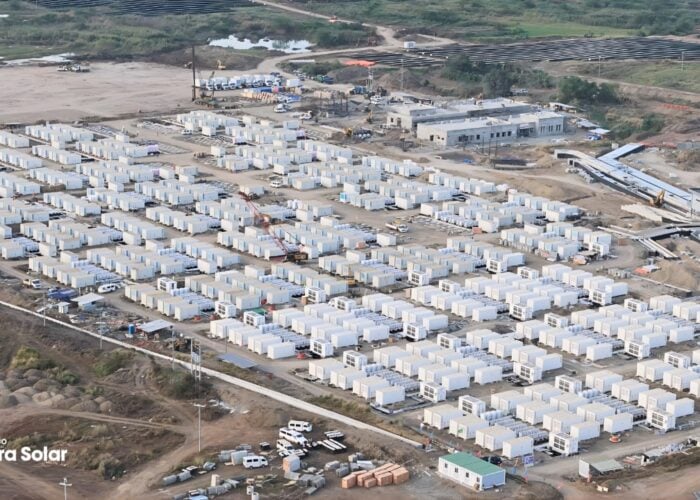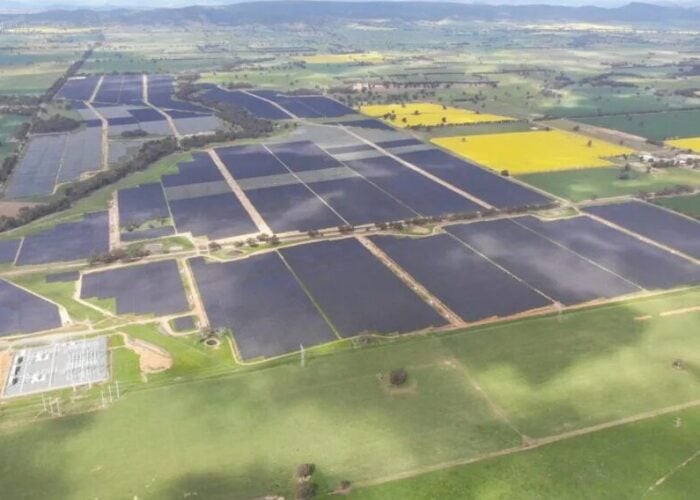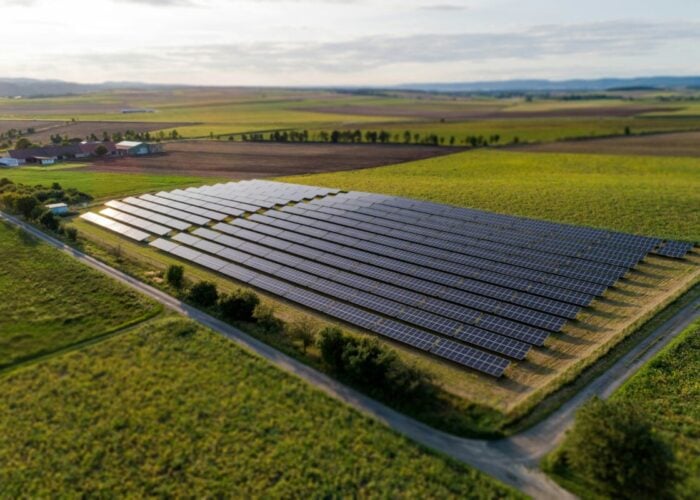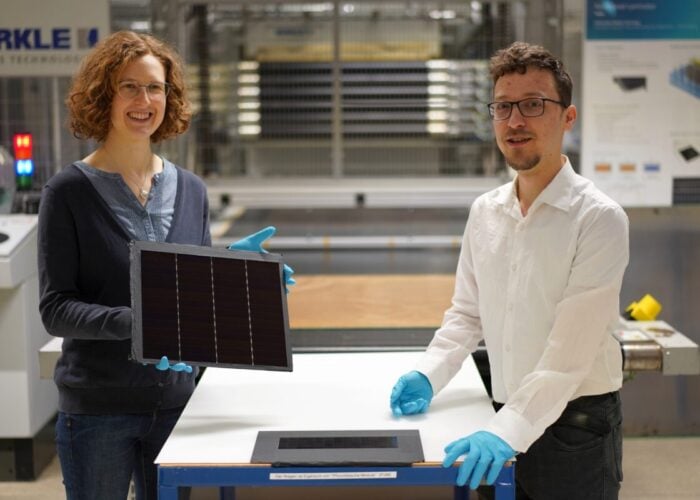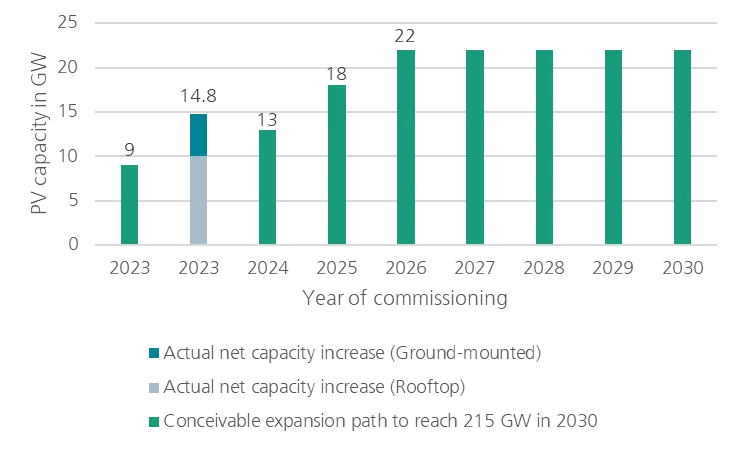
Installed solar PV capacity in Germany is expected to stabilise at 22GW per year from 2026 onwards, according to a report from the German Solar Association (BSW-Solar).
In cooperation with the Fraunhofer Institute for Solar Energy Systems and Intersolar Europe, the report, The German PV and Battery Storage market, would put the country in line with its target to reach 215GW of installed PV capacity by 2030 and says it is “realistically achievable”.
Try Premium for just $1
- Full premium access for the first month at only $1
- Converts to an annual rate after 30 days unless cancelled
- Cancel anytime during the trial period
Premium Benefits
- Expert industry analysis and interviews
- Digital access to PV Tech Power journal
- Exclusive event discounts
Or get the full Premium subscription right away
Or continue reading this article for free
The distribution between rooftop and ground-mounted is expected to be on par at 50% each, with continued growth across all markets, from residential to industrial and ground-mounted included.
Earlier this week, BSW-Solar published data for the first four months of the year, which saw a record installed solar PV capacity of more than 5GW. This represents a 35% increase over the same period in 2023. Despite that record growth, the BMWK expects solar PV to add only 13GW, down from the nearly 15GW of capacity added in 2023. However, BSW-Solar and Fraunhofer ISE expect 17GW of capacity added in 2024 and around 20GW in 2025.
By early 2024, the country had installed over 82GW of solar PV capacity overall, ranking among the top four countries globally in solar deployment – only behind China, the US and Japan. Residential rooftop solar accounts for 37% of all installations, commercial and industrial (C&I) rooftop solar for 31% and ground-mount systems for 32%.
Region-wise, Bavaria has the highest residential solar capacity in the country per inhabitant with 668W. Bavaria is followed by Baden-Württemberg with 467W per inhabitant, and Rhineland-Palatinate with 434W per inhabitant.
In the utility-scale market, Brandenburg has the highest level of installed capacity per land area with 153 kW per square kilometre. It is followed by Saarland with 132 kW per square kilometres, while Bavaria closes the podium with 114 kW per square kilometres.
PV trends in Germany
Among the key trends in the country shaping solar PV are its integration with battery energy storage systems (BESS), the rise in popularity of residential and commercial rooftop solar, small plug-in solar devices, and the expansion of utility-scale PV plants.
Some emerging concepts have also gained momentum, such as energy-sharing communities, carports PV, floating PV or agriPV.
These last three – car parks PV, FPV and agriPV – will receive dedicated auctions, through the provisions in the Solar Package I, which was recently adopted. Capacity tendered for these “special” solar installations will exponentially increase from 300MW in 2024 to 800MW in 2025 and subsequently to up to over 2GW in 2029. For this year the highest price volume is expected to be set at €9.5ct/kWh. However, Germany is awaiting grant approval under state aid law from the European Commission.
Markus Elsässer, founder and CEO of event organiser Solar Promotion, said: “The recently adopted Solar Package I marks a significant milestone in driving this positive dynamic into the future. It aims to provide additional stimulus to the market, reduce bureaucratic hurdles and further accelerate the expansion of photovoltaics.”
Residential BESS
BESS also represents an important part for Germany’s renewable energy transition, and so far has seen 12.6GWh of battery capacity installed. At the moment, residential storage system represent the bulk of the installed capacity with 82%. BESS is expected to reach an installed capacity of at least 100GWh by 2030.
Pairing residential solar with BESS surged from 46% in 2019 to 77% in 2023. Although the use of battery storage in the residential market has been used to optimise self-consumption, regulatory framework development is expected to provide benefits to the energy system that extends beyond self-consumption.


